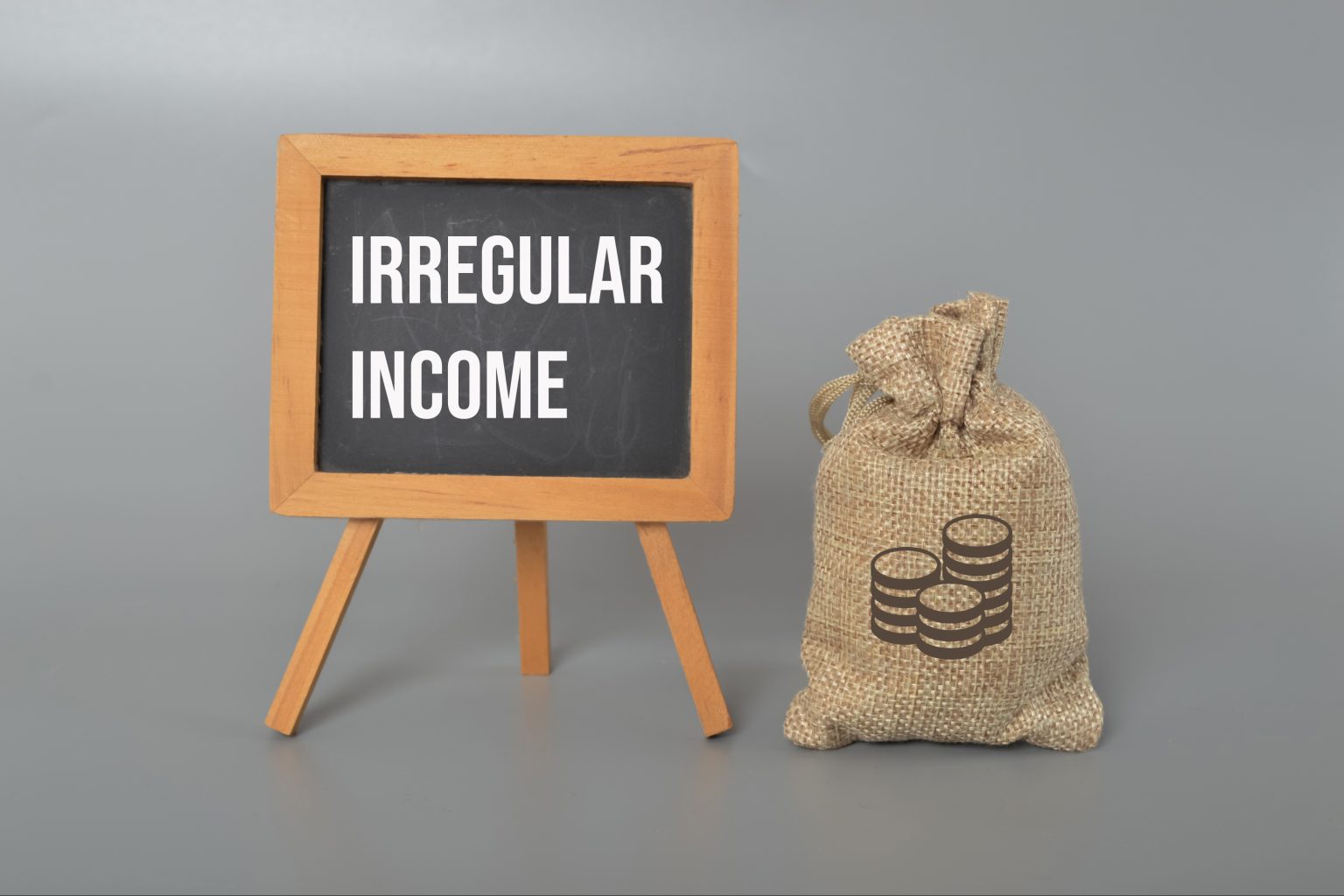A recent study by Markel Direct has highlighted the pressing challenges faced by self-employed individuals in 2024, with over half of respondents identifying “irregular income due to economic issues” as their primary concern. The ongoing cost-of-living crisis has significantly impacted the self-employed sector, yet little attention has been given to their unique struggles.
The survey, which included 500 self-employed participants, uncovered a range of difficulties, with 34% of respondents reporting a “limited client/customer base” as a significant challenge. Additionally, 33% noted “seasonal fluctuations in demand” as their third most pressing issue. The study listed the top ten challenges faced by the self-employed as follows:
| Rank | Challenge | % Impacted |
|---|---|---|
| 1 | Irregular income due to economic issues | 51% |
| 2 | Limited client/customer base | 34% |
| 3 | Seasonal fluctuations in demand | 33% |
| 4 | Intense competition | 25% |
| 5 | Difficulty in budgeting and planning | 18% |
| 6 | Challenges with invoicing/receiving payments | 16% |
| 7 | Tax-related issues | 14% |
| 8 | Limited access to credit or loans | 13% |
| 9 | Lack of industry-specific support networks | 9% |
| 10 | Regulatory compliance issues | 8% |
The study also found that 41% of self-employed individuals reported a decline in income over the past year, primarily due to a decrease in new clients, as cited by 62% of respondents. Furthermore, 56% of those surveyed indicated they had to raise prices in response to the rising cost of living, which may have contributed to a drop in customer volume.
Rob Rees, Divisional Director of Markel Direct, commented on the findings: “While the self-employed cannot control economic factors, there are strategies they can implement to mitigate risks. For instance, establishing a prompt and efficient invoicing system can facilitate timely payments. Offering incentives for early payments or imposing penalties for late payments may help ensure more consistent income. Additionally, developing a diverse client base across various industries can help manage income fluctuations, particularly during slower periods.”
Despite these challenges, the self-employed sector has shown resilience, with data from the Office for National Statistics (ONS) revealing a 2% year-on-year increase in the number of self-employed workers in the UK. Remarkably, 92% of those surveyed expressed a desire to remain self-employed in the future.
“Being your own boss” emerged as the primary motivation for entering self-employment, cited by two-thirds of respondents. Other appealing factors included flexibility, mentioned by 55%, and the desire to escape traditional employment systems or pursue personal passions, both of which were noted by 34% of participants.
For those interested in exploring the full results of the study and seeking additional resources for self-employed business owners, Markel Direct encourages visits to their website for comprehensive insights and support. The complete study is available online at Markel UK. You can find the full study here: https://www.markeluk.com/state-of-self-employment


